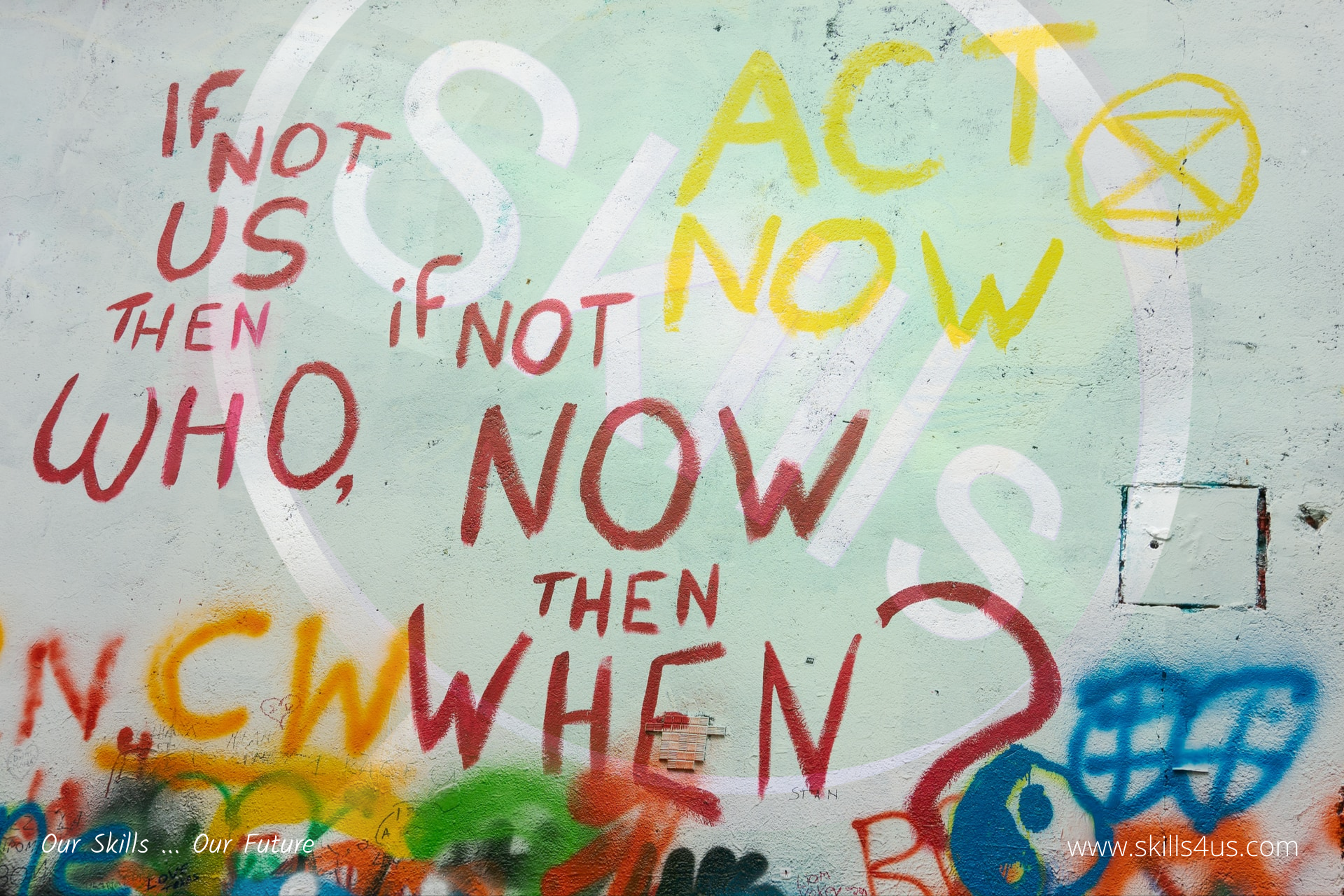In an ever-changing environment, having life skills is an essential part of meeting the challenges of everyday life. Over the past five years, massive changes in global economies and a significant shift in technology have affected our education, workplace, and personal lives.
So to adapt to the increasing pace and change of modern life, each of us needs new life skills.
Life skills are a set of behaviors and personal skills required of each individual. For example, they deal with society with greater confidence and the ability to take decisive and appropriate decisions at all personal and social levels and work on self-development to deal with others positively and avoid falling into crises and overcoming them when they occur.
life skills goals
can achieve many goals through acquiring and mastering life skills, including:
- Renewing and developing our psychological and social life
- Develop personality traits
- Increase knowledge of modern technologies
- Develop and develop self-education skills
- Building and gaining good relationships
- Improving and developing intuition
- Develop creative thinking skills
- Refine decision-making and problem-solving skills
- Develop the skill of managing time and priorities
- Paying attention to the sources of positive energy and preserving them
Types of life skills
Each life skill is of great importance and must be taken care of through its development. There are also various forms of skills that a person acquires throughout his life to adapt to the conditions of daily life, including the following:
1. Interpersonal skills
These are the basic life skills you need to help maintain a healthy body and mind, including skills such as recognizing, managing, and dealing with emotions.
2. Communicate and interact with others
It is what you use to make connections with others. Note that communication and interpersonal skills cover many skills, including active listening verbal, and non-verbal skills.
3. Reading and writing
Today, most people communicate using the written word through text messages, modern means of communication, and a host of other methods. Writing clearly and concisely is a compelling way to communicate, both individually and with a larger audience. So try to acquire this creative skill and find ways to help you learn in the way you accept to improve that skill and express your inner thoughts better.
4. The ability to decision-making and problem-solving
It allows you to manage your environment and adapt to the surrounding conditions. Discovering the root cause of a challenge or problem can provide a great deal of satisfaction and achievement.
5. Leading
Understanding the impact and value of leadership is an essential life skill because it has a substantial effect on your life and the lives of others as well. Also, a leader takes control and knows how to motivate, inspire, and empower others.
6. Self-awareness
Self-awareness is your ability to become aware of your feelings, beliefs, behaviors, and motivations, among other characteristics, including your strengths and weaknesses. And is a critical life skill because it gives you a better knowledge of who you are, how you experience yourself, and what makes you unique and different from others.
7. Time management
Good time management and managing priorities allow you to achieve more in a shorter time scale, resulting in more free time. So knowing how to function well under pressure, focus, and stay organized can reduce stress levels and keep you on the right track.
8. The ability to apologize
Some people do not know how to apologize for the mistakes they commit sincerely. Hence, the skill of sincerely apologizing is one of the most critical life skills that a person needs throughout his life because all human beings make mistakes and are in constant need of apologizing for their actions that may cause harm to others.
9. Saying “No”
One skill is that saying “no” can be too burdensome for some people, and they feel bad for not saying it. Even though they need to object or not, it is a good life skill that helps you enjoy life better.
Life skills benefits
a) Benefits for the individual
In everyday life, developing life skills helps:
- Finding new ways of thinking and solving problems
- Recognize the impact of our actions and teach us to take responsibility for what we do instead of blaming others
- Build confidence in both spoken skills and team collaboration and collaboration
- Analyzing choices, making decisions, and understanding why we make confident choices in different aspects of life
- Develop a significant sense of self-awareness and appreciation of others
b) Employment benefits
Employers are looking not only for academic success but for crucial employability skills, including:
- The ability to self-manage, solve problems and understand the business environment
- Managing time and people
- Ability and Flexibility to adapt to different roles and flexible work environments
- The ability to lead with influence.
The best things in life may be freely available. But this does not mean that it will not take time, effort, and perseverance to obtain it. It is the case, especially when learning basic life skills, because developing them is necessary. It is because the skills that a person tries to build work on adaptation in life, distinction, success, and advancement in the future. Therefore, it is necessary to make an effort and learn some essential life skills to better a person in his work and his life in general.
